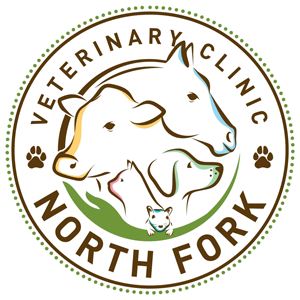Planning ahead for your pet’s end-of-life care is one of the most difficult but important things you can do as a pet owner. Knowing the options available to you will help make their final moments as peaceful and comfortable as possible. Common end-of-life care options for pets include hospice and palliative care.
What are hospice and palliative care for pets?
Pet hospice and palliative care often are used interchangeably, although palliative care is generally a part of veterinary hospice. Pet hospice is a medical approach that recognizes the goal is no longer to cure the disease but to manage the associated signs. Pet hospice is generally initiated with the diagnosis or progression of a life-limiting illness, the decision to not pursue curative therapy or the progression of a disease to the point that it interferes with daily activities. Pet palliative care focuses on therapies that make pets feel less pain, nausea, or anxiety, ensuring their final days are comfortable.
What conditions can hospice and palliative care help in my pet?
Pet hospice and palliative care revolves around improving your pet’s comfort and quality of life and often are used for chronic, debilitating conditions such as kidney failure, cancer, and osteoarthritis. Treatment measures focus on:
- Proper nutrition
- Pain management
- Hygiene
- Mobility
- Mental and emotional well-being
In most cases, veterinary hospice also focuses on supporting a pet’s family through this emotional time, whether through spiritual or mental well-being support.
What happens when my pet’s quality of life declines?
One of the most challenging aspects of pet hospice care for your pet is determining when it’s time to let them go. You can either support them until they pass naturally or aid them in passing through humane euthanasia when they become too uncomfortable. A quality-of-life scale that assesses your pet’s health and happiness is a wonderful tool to help you make a difficult decision.
A pet’s life is never long enough, but we are blessed with the ability to end their suffering if needed. Contact our team for help evaluating your furry friend’s quality of life and assistance with making tough decisions.

